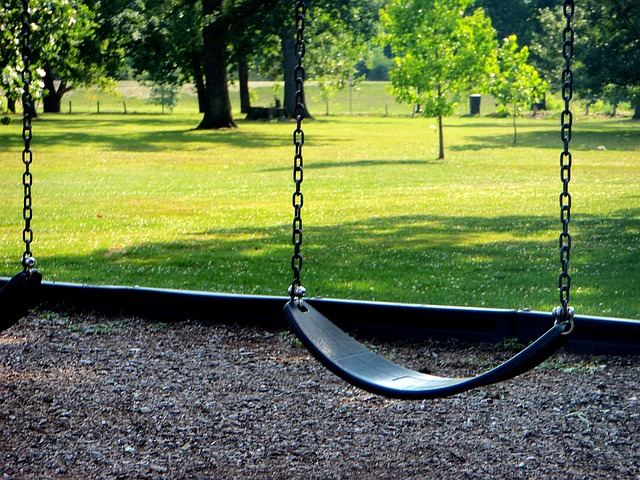You never stop being a parent the moment children are born. You’re destined for first steps, graduation days, and a few emergency situations in between. While we can’t always keep ourselves and loved ones out of emergency situations, we can work on preparing how we initially react and move forward when they occur. Specialists admit that staying calm can make huge difference in how things proceed and come to a quicker resolution.
Assess the Situation
To start, a parent must take survey of the situation before reacting. For example, if a child falls, your immediate reaction may be to hold and comfort them. However, if a child has injured their neck or back, holding and moving them may worsen the situation. Furthermore, take note of your surroundings; for example, do you need to move the child in order to avoid further injury? Are you in a place where assistance can be sought or do you have to get to a phone, public area, etc?
Defining an Emergency
The word emergency is somewhat subjective. Of course, any time a child’s health is threatened, a parent will consider it an emergency. However, as long as the predicament is not immediately life-threatening, take a moment to gather your thoughts and control your emotions. Define whether it’s the kind of ‘emergency’ that requires immediate assistance from professionals or an accident that calls for your attention.
Stay Calm
Obviously, staying calm is easier said than done when a child is hurt. However, think of an emergency airplane scenario. Protocol reminds parents to attach their oxygen masks first so that they can properly attend to children next. Your ability to stay calm can mean the difference between a thorough and correct response and losing crucial moments due to panic and a frazzled mind. It seems counterintuitive to keep a clear head when a child is hurt, but it’s the best thing for a quicker and more effective resolution.
Take-In Oxygen
Stress affects the mind which influences how the body functions. Those who are under stress take quick, shallow breaths, which dictates how well the mind functions. Take deep breaths so you can think clearly and help your body relax. You need a sharp mind and loose, reactive muscles in emergency situations. Unfortunately, worrying and stress clouds the mind and constricts the muscles, which makes them less effective.
Think Like a Machine
A machine does not have feelings. A calculator does not determine whether its calculation is going to be well or ill received; it merely performs an expected and helpful function. Be prepared to take emotions and worry out of the equation during an emergency situation. It’s especially helpful to stay focused if you need to relay information over the phone or in person to arriving professionals. Any moment that is filled with screaming, crying, and questions that can’t be immediately answered is a moment that a resolution is not being achieved.
Stay Positive
A deep love for one’s child is the reason a person will react with emotion. When a child is hurt, thoughts they are scared, hurting, or won’t be okay can cloud the mind. However, stay positive and focused on what needs to be done to seek a resolution. Those who believe in the law of attraction promote positive thoughts, which in turn brings positive results to fruition. Keep a positive mindset regardless of the immediate situation.
Prepare for the Unexpected
As mentioned, you can’t keep loved ones from emergencies, but you can prepare for the unexpected. For example, taking a CPR class will provide you with the awareness of properly handling emergency breathing situations. Also, reading information online about the right numbers to call and how to handle burns, electrocutions, etc, will prepare you for the future. For example, an injury to the mouth may be a dental emergency that warrants a call to your dentist who can then direct your attention to an oral surgeon, etc.
Take Aid with You
In many situations, an emergency first-aid kit can be an incredible tool that immediately resolves an issue or can treat symptoms until professional medical personnel arrives on the scene. Take first-aid kits with you on rides in the car, trips to the park, and when you and family members are engaging in sports or outdoor activities. Most people have their smartphones with them at all times, but be sure you stay in areas that have reception and your phone is fully charged before leaving the house.
Danielle Atkins is a Mom to two boys ages 4 and 7. She works from home and enjoys spending time each day on her writing. Whether that's article writing, blogging or working on her self-help book for parents.










Its so easy to talk about staying calm till an accident happens,every parent should do a first aid course…..when you know what to do you dont panic